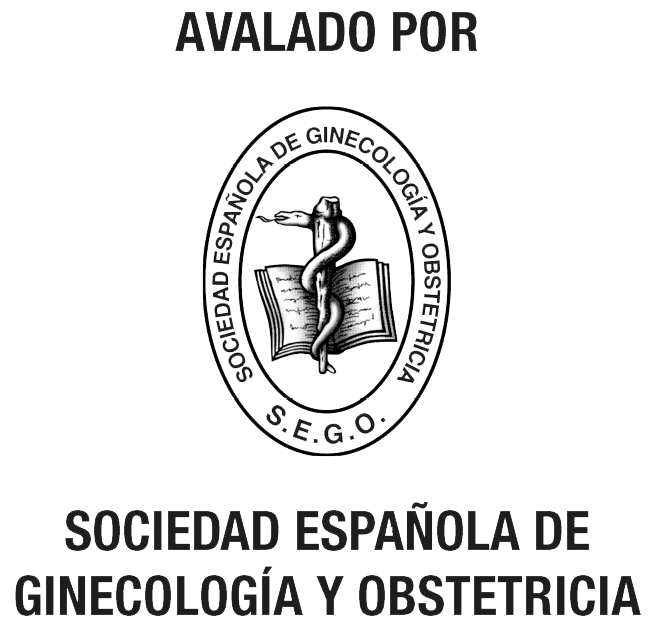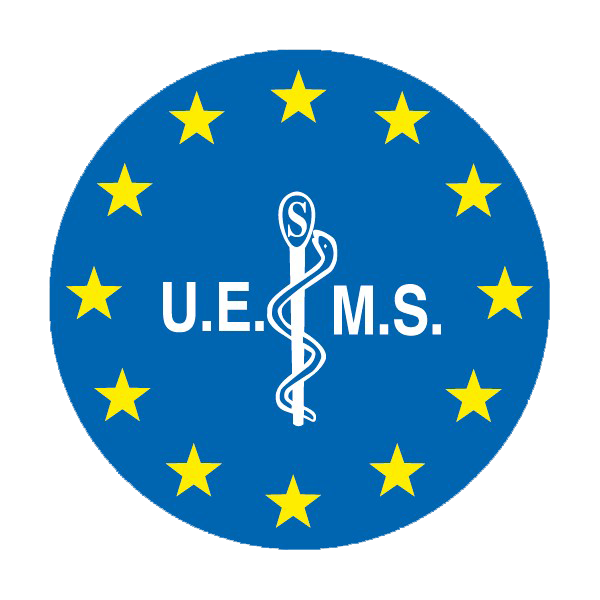Stylianos E. Antonarakis is currently Emeritus Professor (active) at the University of Geneva. He was previously Professor and founding Chairman of Genetic Medicine at the University of Geneva Medical School, and the founding director of iGE3 (institute of Genetics and Genomics of Geneva). He is a medical, molecular, human geneticist, physician-scientist, who studied extensively the relationship between genomic and phenotypic variation. He received his MD (1975) and DSc (1982) from the University of Athens Medical School, and after a specialization in Pediatrics in the University Hospital, Athens Greece, he moved to Baltimore, Maryland to the program of Medical Genetics at the Johns Hopkins University School of Medicine with Haig H. Kazazian and Victor McKusick (1980-1983). He joined the faculty of the Johns Hopkins University in 1983 and rose to full professor of Pediatric Genetics, Biology and Medicine in 1990. He moved to Geneva, Switzerland in 1992 to chair Genetic Medicine in the University of Geneva. His research work includes the structural and functional analysis of the genome, molecular bases of monogenic disorders and complex genetic disorders including the beta-thalassemias, hemophilias, and trisomy 21. His laboratory participated in the human genome sequence and functional analysis, particularly on chromosome 21. He is an international expert on disorders of chromosome 21, identifying genes for genetic disorders, development of diagnostic tests, genome structure and function, studies of the genome variability, and conserved non-coding sequences in human DNA. He has published extensively (more than 750 well-cited papers and reviews) in the scientific literature, and he is co-editor of the current edition of the classic textbook “Genetics in Medicine”; he is listed as one of the highly cited scientists by the ISI institute (GoogleScholar index 163). He was the President of the European Society of Human Genetics (2001-2002), the President of HUGO (2013-2017), foreign member of the Academy of Athens (2003), member of EMBO (2006), elected member of the Senate of the Swiss Academy of Medical Sciences (2017). He holds Honoris Causa degrees from the University of Thrace (2016) and Athens (2018). He was the co-organizer of the European School of Genetic Medicine, and in the last 43 years taught in the Bar Harbor Genetics Course, Maine. He was awarded the Society of Pediatric Research Young Investigator Award (1984), International Jerome Lejeune Prize (2004), the European Society of Human Genetics Award (2005), the M.Trueta award 2019 for his contributions to trisomy 21, and the William Allan 2019 Award that is internationally the highest distinction in genetics, for his lifetime contributions to genomic medicine. Part of the work that led to the 2019 Nobel Prize on Medicine to Gregg Semenza was performed in his laboratory when Semenza was a postdoctoral fellow. He was elected to the Society of Scholars of the Johns Hopkins University (2006), the American Academy of Physicians (2010). He was awarded the Commander of the Order of Phoenix medal from the Hellenic Democracy (2007). More than 120 talented young scientists were trained in his laboratory (graduate students and postdoctoral fellows); in addition, more than 35 young physicians were trained in the Medical Genetics Clinic of his department. With Haig Kazazian he has established one of the first molecular diagnostic laboratories in USA as early as 1982. He was a member of the Swiss National Science Foundation Research Council for 8 years, and the Chair of the Genetics Review Panel of the EU ERC for 8 years. His research laboratory was/is supported by grants from the National Institutes of Health, the European Union (including the European Research Council), and the Swiss National Science Foundation and numerous other Foundations including the Gebert, Lejeune, and ChildCare Foundations. His is the originator of the World Down Syndrome Day (http://en.wikipedia.org/wiki/World_Down_Syndrome_Day) celebrated yearly since 2006 on March 21. His current interests and research projects are the functional analysis of the genome, the effect of human genetic variation to phenotypic variation, the discovery of genes and variation for mendelian disorders, the molecular pathogenesis of trisomy 21 and polygenic phenotypes, the functional characterization of the conserved fraction of the genome, the genomics of single cells, diagnostics and prevention of genetic disorders, and the societal implications of genetics and genome research. He has created a pioneer “Genome Clinic” at the University Hospitals of Geneva in 2014 to provide diagnostics based on the individual genetic variation. He founded in 2017 “Medigenome, The Swiss Institute of Genomic Medicine” and he serves as CEO and Chief Medical Officer. In 2022 he cofounded (and serves currently as the first chairperson of the steering committee) the Greek Institute of Human Genomics, a public research institute in Athens, Greece.







